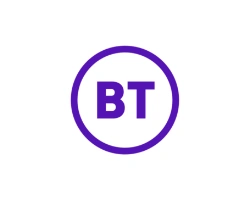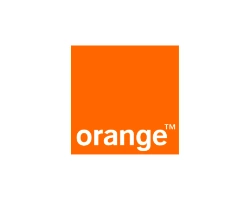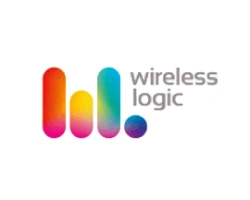In 2015, BT Openreach announced its plan to switch off the traditional, copper-based public switched telephone network (PSTN) in 2025, commonly called the PSTN Switch Off. While it seems like a while away, from December 2023, new ISDN or PSTN-based services will no longer be available for purchase.
Why should you care?
The PSTN Switch Off will affect all businesses currently operating using PSTN and ISDN services. If you fall into this category, you must move to the new network to keep your phone and number working.
Many businesses have already embraced an all-digital model, moving their communications to the cloud, making calls over the internet, and embracing video conferencing. Don’t wait until the last moment to make the switch.
PSTN has been the backbone of the UK’s phone network for decades, so this move to an all-digital network may sound drastic. However, as an essentially 20th-century technology, the PSTN network is increasingly out of kilter with the demands of modern communications.
The move to an all-digital network isn’t just because the old phone system is old; all-digital communications are better. Even at the most basic level, you’ll be able to make and take calls on any device, from wherever you are, from the same number. You’ll link your business applications and systems with video chat, calls, and collaboration, making you closer to customers and colleagues. Factor in the lower costs that IP can bring; going digital as soon as possible makes sense.
The All-IP network delivers voice calls using the same infrastructure as data and using VoIP (Voice over Internet Protocol) technology.
VoIP enables voice calls to be transmitted over a company’s internet connection, simplifying the system by requiring less hardware than traditional systems. When it was first introduced, this solution seemed risky due to its reliance on internet quality; however, nowadays, VoIP has become a viable option with faster broadband speeds.
Over-the-top applications deliver VoIP, which can be accessed on a range of devices, from desk phones to mobiles, tablets, and computers, with added features regularly updated. This flexibility makes VoIP an attractive option for businesses.
Why move to VoIP?
Voice over Internet Protocol (VoIP) is a technology that converts voice into digital data and transmits it over the Internet. VoIP offers all the features of traditional telephony systems, such as caller ID and voicemail, and allows you to make calls using your computer as a ‘softphone.’ Moving to VoIP can lower costs, provide scalability, support multitasking with features such as video conferencing and document sharing, and increase accessibility by allowing users to make calls from anywhere using any device. Cloud-based VoIP services also enable mobile workforces to stay productive regardless of location.
























